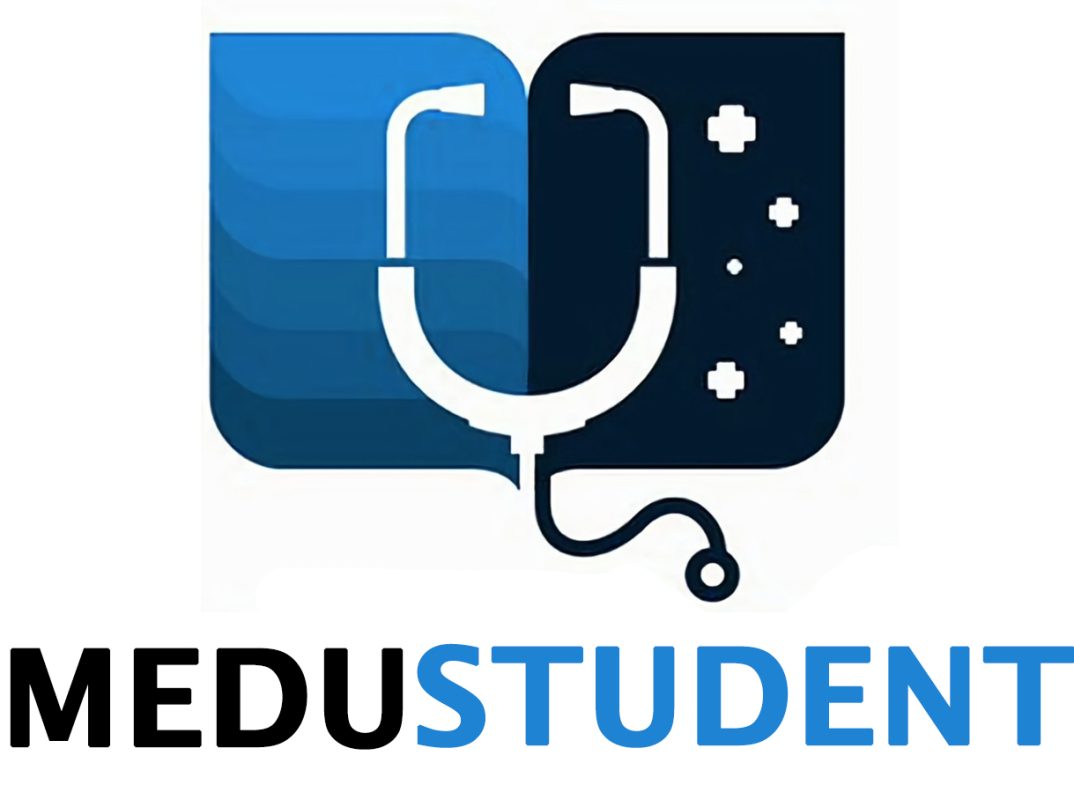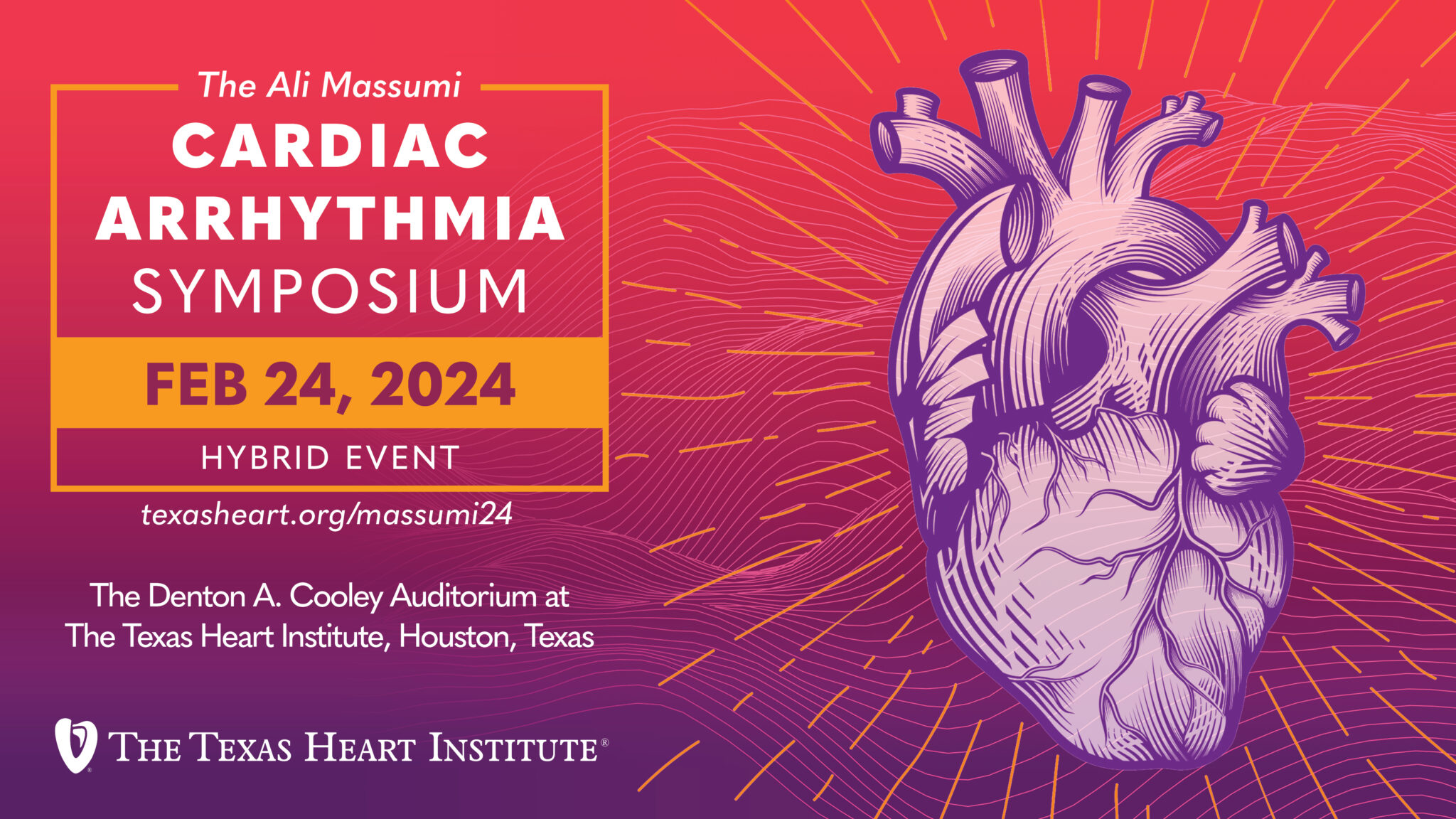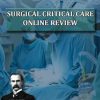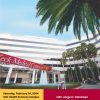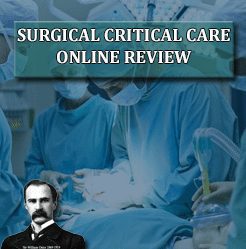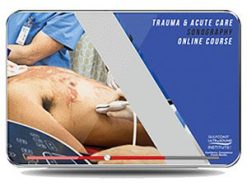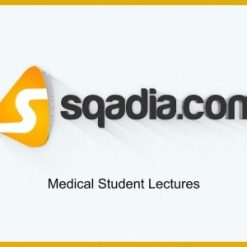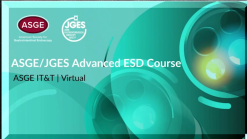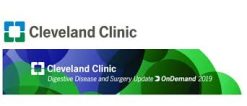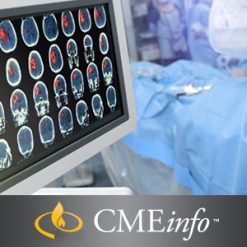Texas Heart Institute The Ali Massumi Cardiac Arrhythmia Symposium 2024
$30,00
This Product is shared via google drive download link, So please share your correct Gmail id while placing the order .Please note that there are no CME points or certificate associated with this course Samples for Courses Can be found here : Free Samples Here!
Texas Heart Institute The Ali Massumi Cardiac Arrhythmia Symposium 2024
Texas Heart Institute The Ali Massumi Cardiac Arrhythmia Symposium 2024
- Include: 11 videos + 1 pdf, size: 2.36 GB
- Target Audience: cardiologists, cardiac electrophysiologists, cardiovascular surgeons, internists with an interest in cardiology, cardiology fellows
- Sample video: contact me for sample video
Information:
Texas Heart Institute The Ali Massumi Cardiac Arrhythmia Symposium 2024
The Ali Massumi Cardiac Arrhythmia Symposium is a 1-day hybrid symposium designed to improve the knowledge, competence, and performance of healthcare professionals with regard to all aspects of arrhythmia management. This symposium will raise awareness and educate healthcare professionals about new management methods for and developments in treating patients with arrhythmias, along with the best practice approaches to clinical diagnosis, evaluation, and management of abnormal heart rhythms.
Program Overview
Texas Heart Institute The Ali Massumi Cardiac Arrhythmia Symposium 2024
The Ali Massumi Cardiac Arrhythmia Symposium is a 1-day hybrid symposium designed to improve the knowledge, competence, and performance of healthcare professionals with regard to all aspects of arrhythmia management.
By providing attendees with the latest information, techniques, and best practices in arrhythmia management, the symposium can help to improve the quality of care for patients with arrhythmias. This symposium will raise awareness and educate electrophysiologists, cardiologists, cardiovascular surgeons, internists and general medicine practitioners about new management methods for and developments in treating patients with arrhythmias, along with the best practice approaches to clinical diagnosis, evaluation, and management of abnormal heart rhythms.
Purpose
The symposium will improve knowledge, competence, and performance of healthcare professionals with regard to all aspects of arrhythmia management.
This could lead to a number of other beneficial outcomes, such as:
- • Increased referrals for specialized arrhythmia care in patients with high-risk features.
- • Increased utilization of new and effective arrhythmia treatments.
- • Improved adherence to evidence-based arrhythmia management guidelines.
- • Better patient outcomes, including reduced mortality and morbidity from arrhythmias.
Learning Objectives
- • Select the appropriate intramural PVC ablation procedure for individual patients
- • Perform the selected procedure safely and effectively
- • Manage post-procedural complications
- • Describe the role of CSP in the management of patients with bradycardia, heart failure, and other arrhythmias
- • Explain the challenges associated with CSP and how to overcome them
- • Select the appropriate CSP device and lead system for individual patients
- • Explain the role of leadless pacing in the management of patients with bradycardia, heart failure, and other arrhythmias
- • Discuss the latest advances in leadless pacing technology
- • Select the appropriate leadless pacing device and implantation technique for individual patients
- • Explain the role of S-ICDs in the management of patients with high-risk arrhythmias
- • Discuss the advantages and disadvantages of S-ICDs compared to traditional transvenous ICDs
- • Identify the patients who are most likely to benefit from S-ICDs
- • Select the appropriate S-ICD device and implantation technique for individual patients
- • Explain the role of CNA in the management of patients with atrial fibrillation, ventricular tachycardia, vasovagal syncope, and other cardiovascular disorders
- • Discuss the advantages and disadvantages of CNA compared to other treatment modalities
- • Identify the patients who are most likely to benefit from CNA
- • Identify the patients who are at high risk for stroke due to LAA pathology and are suitable for LAAO
- • Recommend the most appropriate LAAO device and implantation technique for each patient
- • Discuss the efficacy and safety of new Atrial Fibrillation treatments, based on clinical trial data
- • Identify the patients who are most likely to benefit from each new AF treatment modality
- • Explain the physiological effects of CCM on the heart
- • Discuss the benefits and risks of CCM compared to other heart failure therapies
- • Identify the potential complications of CCM and how to manage them
Target Audience
The symposium has been designed for: cardiologists, cardiologists with an interest in electrophysiology, cardiac electrophysiologists, cardiovascular surgeons, internists with an interest in cardiology, cardiology fellows, Baylor St. Luke’s Medical Center Cath Lab technicians, family and general practitioners.
Topics:
- Program.pdf
- Session I Conduction System Pacing.mp4
- Session I Intramural PVC Ablation.mp4
- Session I Leadless Pacing.mp4
- Session I Panel Discussion with Q&A.mp4
- Session II Cardiac Neuro Ablation.mp4
- Session II Left Atrial Appendage Occlusion.mp4
- Session II Panel Discussion with Q&A.mp4
- Session II Subcutaneous ICD.mp4
- Session III Cardiac Contractility Modulation (CCM).mp4
- Session III EP Jeopardy.mp4
- Session III New Treatment Modalities for AF.mp4
Related products
CRITICAL CARE / EMERGENCY MEDICINE
